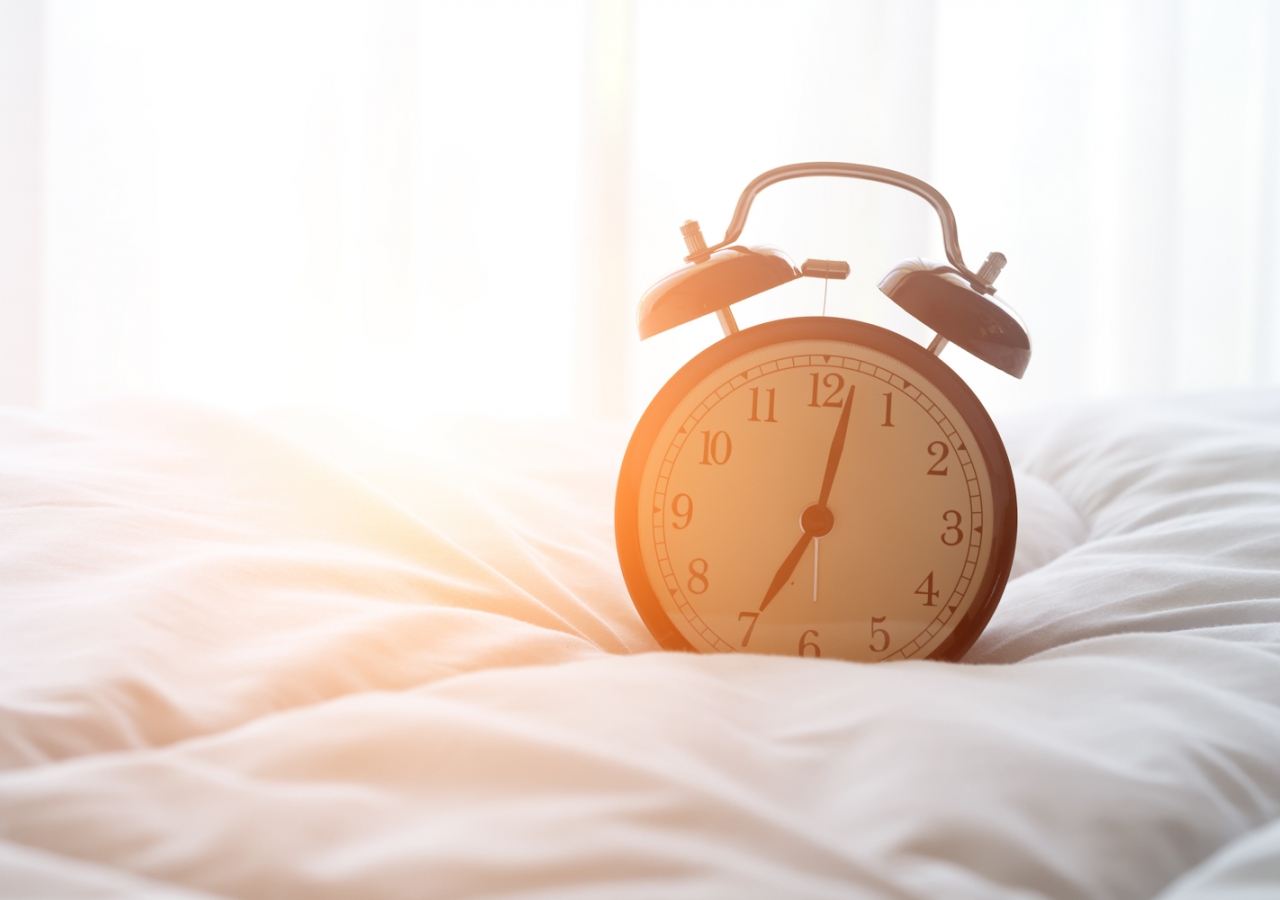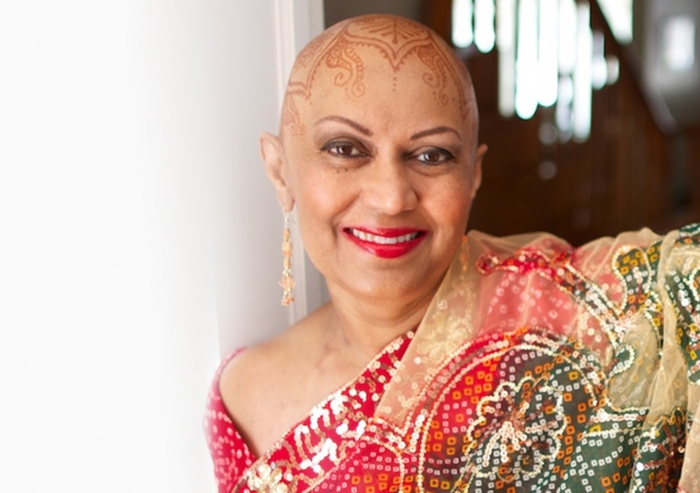For most of my life, I have been sleep deprived. I would start the day early in the morning and continue working into the wee hours of the morning, until my eyes would close in protest. There was always work to do, emails to catch up on and projects to complete. I treated sleep as wasted time that interfered with life. It was not until my body was ravaged with cancer six years ago, that my relationship with sleep started to change, and I began to see the connection between sleep and a healthy body, mind and soul.
Ever since my diagnosis, I've become an ardent reader of research on sleep. From reading Arianna Huffington's book, The Sleep Revolution, to numerous research articles, my most surprising discovery was when I learned that the brain works in overdrive when we go to sleep, and the neurons in our brain fire as much as they do when we are awake. It is during sleep that the brain processes information and makes decisions, consolidates memories, makes creative connections, clears out toxins that build up during waking moments, and learns and remembers how to perform tasks. The brain can only do this if we make sleep a priority, and give our brain a fighting chance to do its work while we sleep.
The Sleep Revolution states, “We have all the data now that shows how [lack of sleep] affects every aspect of our health… This includes everything from a suppressed immune system (it might be why you’re always getting a cold), hypertension (less snooze means a harder time processing stress), and obesity (the sleepy crave bad carbs and sugars)…The irony is that a lot of people forego sleep in the name of productivity,” Ariana points out. “But in fact, our productivity is reduced substantially when we’re sleep deprived.”
So, what is the right amount of sleep? According to the Centers for Disease Control and Prevention, about 35 percent of us are not sleeping at least seven hours a night, the recommended minimum. Worst, the sleep we get is not quality sleep; it is interrupted and fractured.
The first half of a night’s sleep restores the body, as blood pressure drops, breathing slows and muscles relax. This takes about four hours. The second half replenishes the mind. This is when we experience REM (rapid eye movement) sleep and the mind sorts through the days tasks, information and emotions. The tricky part is that there is no shortcut to get to the second half, deep REM sleep.
Through my readings, I've gathered a few tips that have helped me make sleep a priority:
- Shut off screens at bedtime – Artificial blue light that most devices emit, causes our body to produce “daytime hormones” like cortisol, which is damaging to our sleep cycle. Shut off devices at least 60 minutes before sleep to calm the brain. Reading a book is okay.
- Use a blue light filter – Blue light in the evening tricks the brain into thinking that it is daytime, which can disrupt sleep patterns. Reducing the blue light on your electronics at night can significantly improve sleep quality. There are several mobile apps you can download to help reduce blue light on your screen.
- Implement a caffeine curfew – Do not consume caffeine within six to eight hours of bedtime, as caffeine stays in our system for a long time, and this can affect sleep quality, even if we don’t notice it.
- Stay cool – Studies show that the ideal room temperature for sleep is around 20 degrees Celsius (68 degrees Fahrenheit).
- Create a sleep sanctuary – Don't use your bedroom as a multi-purpose room and bring work into bed. The last thing you want to do is to associate your bed with work, because that will impact your sleep.
- Implement a blackout – We are naturally wired to sleep in the dark. Any source of light will impact sleep quality. You can install blackout curtains to help block out light.
- Have a bedtime routine - A bedtime routine allows us to unwind and relax. For example, 10 minutes of meditation before your sleep may help to calm your mind.
Over time, I have been experimenting with these different recommendations. For me, it helped to make changes one step at a time. I started with buying blackout curtains, not having coffee after 2 p.m., and coming up with a bedtime routine to relax my brain. I then graduated to installing the blue light filter app on my phone, and stopped checking emails through the night. My next step was to turn off the TV and all electronics one hour before sleeping.
These small changes that are having a huge impact on my health and well being. I feel healthier and more able to cope with the stresses of life. The best part for me is being able to wake up in the morning refreshed, re-energized and re-invigorated.
References:
- Olson, Eric J., M.D., Lack of Sleep, Can it Make you Sick, Mayo Clinic.
- Calhoun, David A., MD and Susan M. Harding, MD, FCCP, Sleep and Hypertenstion, Chest. 2010 Aug; 138(2): 434–443.
- Anwar, Yasmin, Sleep deprivation linked to junk food cravings, Berkeley News, August 2013.
- Centers for Disease Control and Prevention, 1 in 3 adults don't get enough sleep, February 2016.
- Harvard Health Letter: Blue light has a dark side, Updated Aug 13, 2018
- Sleep Health Foundation: Caffeine, Food, Alcohol, Smoking and Sleep
- Sleep.org: How to Design the Perfect Bedtime Routine








